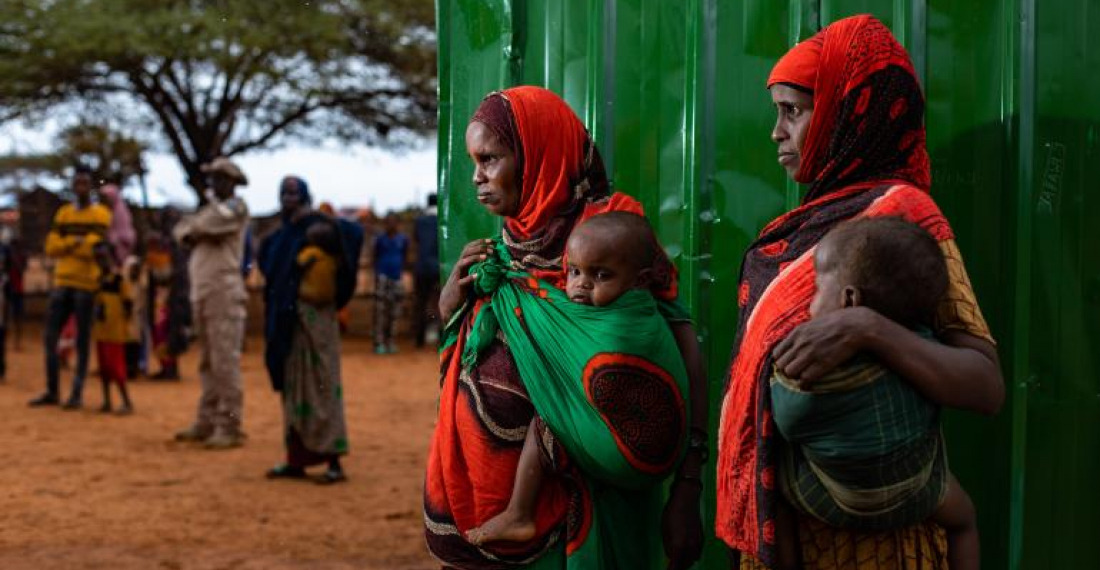According to UNICEF, the number of children suffering dire drought conditions across Ethiopia, Kenya and Somalia has more than doubled in the past five months. Currently, an estimated 20.2 million children are facing the threat of severe hunger, thirst and disease, which is a stark increase from the 10 million reported in July. Climate change, conflict, global inflation and grain shortages have all contributed to the devastating conditions in the Horn of Africa.
Lieke van de Wiel, UNICEF Deputy Regional Director for Eastern and Southern Africa, has said that “humanitarian assistance must be continued to save lives and build the resilience of the staggering number of children and families who are being pushed to the edge.” Nearly two million children across the region are currently estimated to require urgent treatment for severe acute malnutrition, the deadliest form of hunger.
In addition, over two million people are internally displaced due to the drought, and around 24 million people are facing water insecurity. Approximately 2.7 million children are out of school, as well as an additional estimated 4 million children at risk of dropping out.






